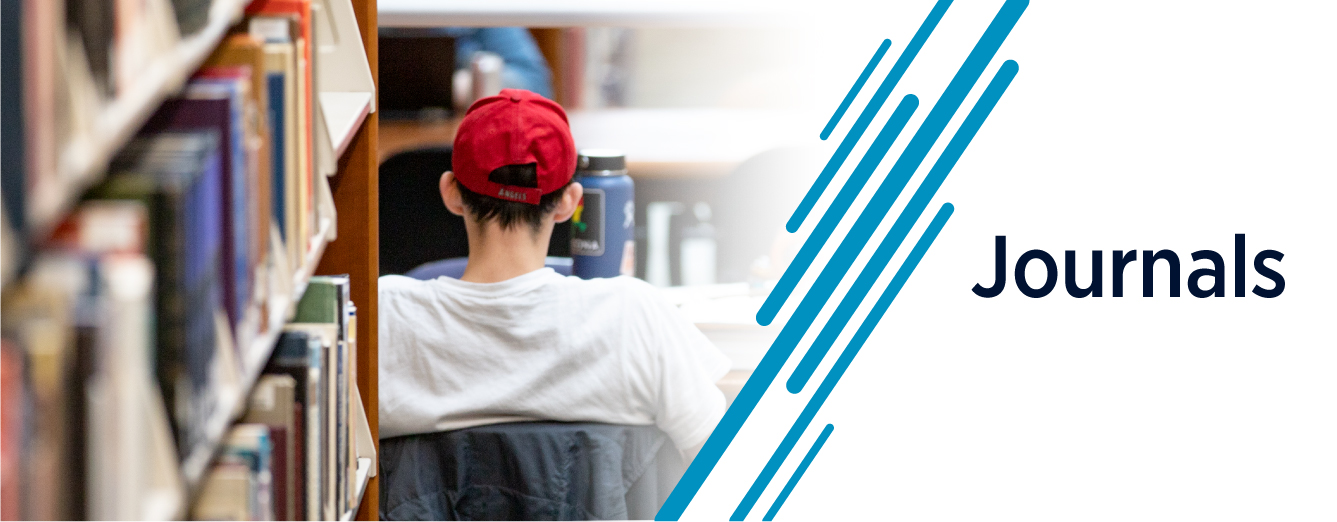Document Type
Article
Journal/Book Title/Conference
Decimonónica
Volume
5
Issue
1
Publisher
Decimonónica
Publication Date
2008
First Page
71
Last Page
82
Abstract
The original manuscript of Pérez Galdós’s 1903 drama, Mariucha, provides critics with several provocative points for discussion and analysis. To begin with, the manuscript number 21797, housed in the Biblioteca Nacional in Madrid, is definitely not written in Galdós’s hand.1 Alan Smith contends that this is most likely an actor’s copy, but one should note that the manuscript contains aspects—drawings of set designs and, in particular, what seem to be galley notes—which one would most likely not find in a performer’s version.2 Much more important and intriguing for Galdós scholars, however, are the significant revisions made between the original and the published versions. Not only do these changes help us to understand how Galdós approached the composition process, they also strongly suggest that he was acutely aware of the socio-political storm that hovered menacingly around Mariucha in 1903. The purpose of this brief essay is, therefore, threefold. For starters, we will use the differences between the two versions to demonstrate how in the composition of Mariucha Galdós allows himself a substantial deal of leeway in the initial draft, cognizant during the entire process that he will eventually trim away any number of details, dialogues, and even scenes. Next, we will explain how many of these changes made by Galdós actually respond to the politically charged ambience that surrounded the estreno of Mariucha. The third prong also has political overtones but in this instance we will focus on the possible impact of these changes on the personal political agenda of Galdós.
Recommended Citation
Schnepf, Michael, "A Reticent Retreat: Background Notes on the Creation of Galdós’s Mariucha" (2008). Decimonónica. Paper 34.
https://digitalcommons.usu.edu/decimononica/34


